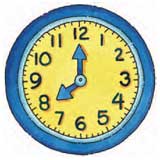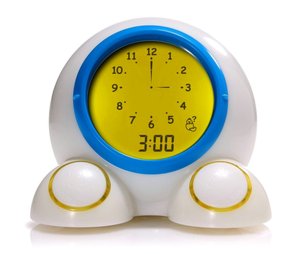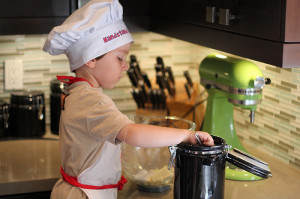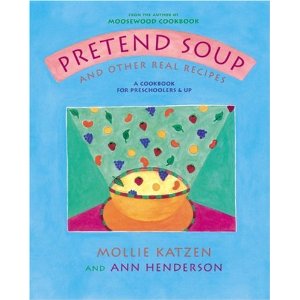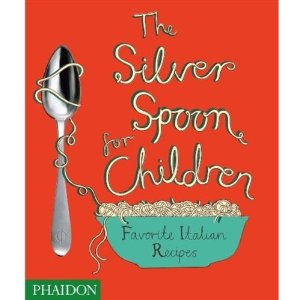One of the big ideas to come along lately in child development circles is that if parents want their children to be successful, then they need to start teaching their kids resilience. The argument is that we have been so focused on trying to make sure our children avoid pain and disappoint at all costs, that children are so insulated from unpleasant situations or challenges they are incapable of dealing with any sort of failure or adversity.

The idea of developing resilience in kids started to gain some traction after the publication of the groundbreaking book NurtureShock: New Thinking About Children that explored the problems with the self-esteem movement and the helicopter style of parenting.
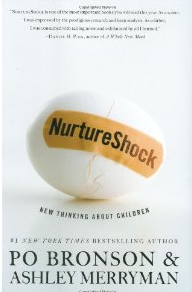
More recently, the huge success of Paul Tough’s How Children Succeed: Grit, Curiosity, and the Hidden Power of Character put the idea of resilience back in the spotlight. Tough argues that character attributes such as perseverance and resilience are a better predictor of future success than standardized tests, and that character is created by encountering and overcoming failure. So our job as parents shouldn’t be trying to protect our kids from making mistakes, but instead letting children fail because it helps to develop resilience.

After going through lots of books on resilience and reading way too many reviews, our top resources for learning how to create resilience in your kids are:
- Dr. Kenneth Ginsburg is an expert on how to build resilience in children. Dr. Ginsburg has a wonderful site called Fostering Resilience that has all sorts of great advice, including his 7 C’s building blocks to resilience. The 7 C concept (competence, confidence, connection, character, contribution, coping, and control) is also explored more in-depth in his book Building Resilience in Children and Teens: Giving Kids Roots and Wings. This is a great (almost 400 page!) book with a lot of practical advice about how to teach kids to make wise decisions, how to recognize and build on their natural strengths, how to deal with stress, and so much more practical advice that will help develop resilience. We highly recommend this book.
- Another of our favorite resources is Dr. Wendy Mogel. Dr. Mogel is a clinical psychologist and author of the bestselling books, The Blessing Of A Skinned Knee: Using Jewish Teachings to Raise Self-Reliant Children and The Blessing of a B Minus: Using Jewish Teachings to Raise Resilient Teenagers. You don’t have to be Jewish to benefit from her books. The Blessing of a Skinned Knee is a wonderful, funny book that gives advice about how parents can get back to the basics of being authority figures in children’s lives, instead of grown-up “friends”. It also talks about how to teach kids that what you do is more important than what you think or believe, why it’s essential to do a thing in moderation, kids and adults are not equal, how to celebrate or embrace our child’s faults, and lots more stuff. The Blessing of a B Minus is an excellent book for parents of teenagers that shows parents how all the terrible or frustrating parts of being an adolescent can be viewed as blessings and why they are important for psychological growth and character development. This book has a lot of tools and advice that parents can utilize.
- Finally, our last choice for the best resource is Raising Resilient Children: Fostering Strength, Hope, and Optimism in Your Child. This is a great book that lists ten essential behaviors or guideposts to try to incorporate into your life to help teach your kids resilience. The guideposts are:
-
- Teach and convey empathy
- Listen, learn, and influence to communicate effectively.
- To change your words of parenting, rewrite your negative scripts.
- Find ways to love your children that help them feel special and appreciated.
- Accept your children for who they are and help them set realistic expectations and goals.
- Nurture islands of competence; every child must experience success.
- Mistakes are teachable moments.
- Help your child develop responsibility, compassion, and social conscience.
- Teach and emphasize the importance of solving problems and making choices and decisions.
- Discipline in ways that promote self-discipline and self-worth
You can check out the book or the author’s website to find out more about these ten behaviors and how to work them into your life.

